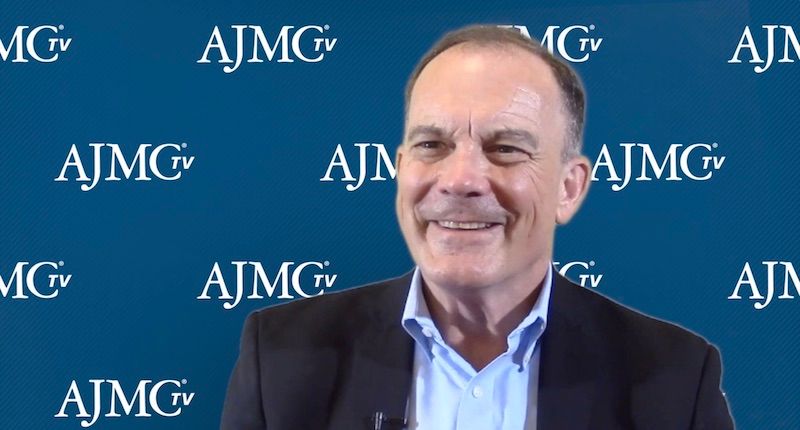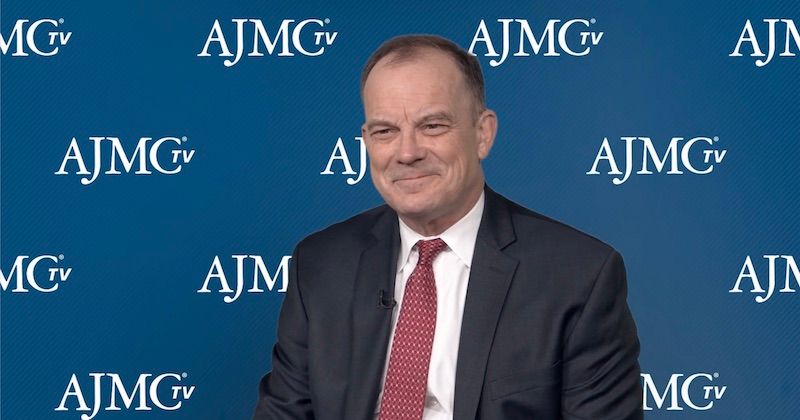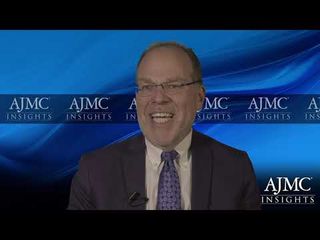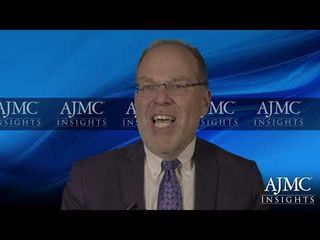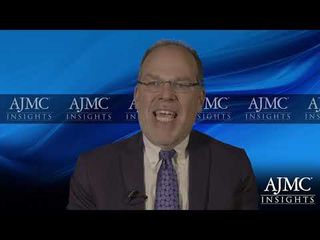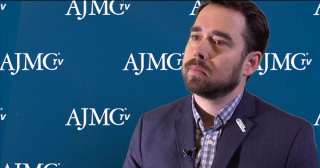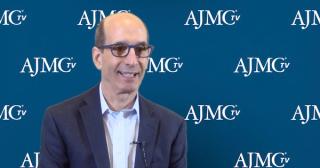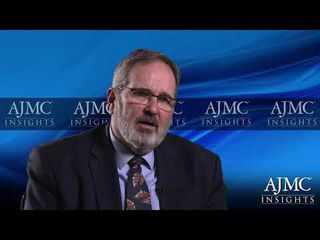
Employers
Latest News
Latest Videos
CME Content
More News

On this episode of Managed Care Cast, we speak with the author of a new book that discusses the price and cost of American healthcare. Martin Makary, MD, MPH, a surgical oncologist and chief of the Johns Hopkins Islet Transplant Center, talked about what he found while writing The Price We Pay: What Broke American Health Care—and How to Fix It. Makary discusses spurious billing practices, overtreatment, and the opioid issue, as well as efforts by some providers and employers to reshape primary care.

Out-of-network billing continues to become more common for patients with private insurance even when seeking treatment at in-network hospitals, which creates a financial strain for many patients, according to study results published by JAMA Internal Medicine.
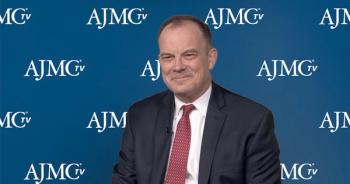
Employers are looking for ways to advocate for their employees and invest in places that will reduce downstream costs, said Michael Thompson, president and chief executive officer of the National Alliance of Healthcare Purchaser Coalitions.

As health costs continue to increase, health spending by families with large employer health plans has increased 2 times faster than workers’ wages over the last 10 years.

Every week, The American Journal of Managed Care® recaps the top managed care news of the week, and you can now listen to it on our podcast, Managed Care Cast.

This week in managed care, the top news included outcomes results in treating heart failure; US prevention experts said more women should get BRCA testing; the American Heart Association offered an advisory on treating high triglycerides with prescription omega-3 fatty acids.

Business leaders discuss challenges of providing healthcare to employees and what has changed in the last few years.

Study authors suggested that future research involve developing and testing strategies for business investment in building healthier communities.

On this episode of Managed Care Cast, we’re bringing you a portion of a panel discussion about the Oncology Care Model, held in July 2019 during a meeting of The Institute for Value-Based Medicine® (IVBM), an initiative of The American Journal of Managed Care®. At IVBM events, we gather thought leaders to share best practices across medicine, pharmacy, and management in regional locations around the country. This podcast is taken from our meeting focusing on Innovation and Quality in Oncology Care.

As disruptive medical technologies emerge, often unanticipated, bioethical issues arise, presenting challenges for employers navigating what benefits to offer to their employees.

The Department of Homeland Security said that it was promoting the ideals of self-sufficiency, self-reliance, industriousness, and perseverance, but it also acknowledged that the vast majority of the 266,000-plus commenters on the rule opposed the change and noted that some people may decide to drop out of benefit programs.

Asthma adversely affects the everyday lives of many individuals regardless of long-term maintenance medication, according to a study evaluating the association of time spent at work and adverse asthma effects.
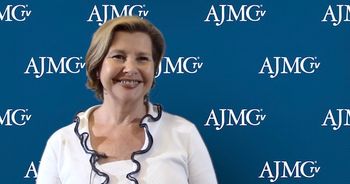
Division among employers prolongs their inability to alter the healthcare system, but by acting together, value-based care will begin to spark change, said Lauren Vela, MBA, senior director, Member Value, Pacific Business Group on Health.

The number of families enrolling their children in Medicaid or the Children’s Health Insurance Program continues to increase, emphasizing the need for policies to recognize the role of public insurance as costs for private insurance continue to grow, according to a study published in Health Affairs.

A case study from The Ohio State University highlights how initiatives addressed system-level drivers of burnout and not only improved the health of faculty, staff, and students, but also saved money.

Low- and middle- income Medicare beneficiaries face increasing financial burden as employer coverage erodes.

Health-related workplace absenteeism may provide additional information about the extent of influenza sickness in the working-age population, a CDC report said.

Successful partnerships between employers and healthcare organizations need trust and transparency, said Vanessa Sammy, MPA, MHSA, senior director of commercial strategy and implementation for Remedy Partners.

The participation in workplace health promotion programs (WHPPs) varies depending on sociodemographics and occupation, suggesting the need for employers to adjust their WHPPs for maximum participation, according to research.

Panelists at the National Alliance of Healthcare Purchaser Coalitions' Leadership Summits highlighted the ways their companies are customizing care and benefits to meet the needs of their employees.

If the High-Cost Plan Tax, also known as the Cadillac tax, goes into effect in 2022, 21% of employers who offer coverage would be impacted, and that percentage would increase fairly rapidly by 2030.

An exercise-focused intervention may be effective for improving mental health, work ability, and productivity outcomes while reducing metabolic syndrome severity for individuals at a high risk for cardiovascular and metabolic disease, according to researchers.

Congressional efforts to end surprise medical billing have a real possibility of succeeding, but recent discussions around transparency have a lot more challenges, said Lauren Vela, senior director of the Pacific Business Group on Health (PBGH).
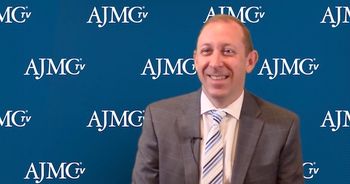
Attempts to curb surprise medical may still result in patients getting costs elsewhere, said Bret Jackson, president of the Economic Alliance for Michigan.

A new study by Willis Towers Watson finds technology plays an increasingly important role in employee health benefits.



